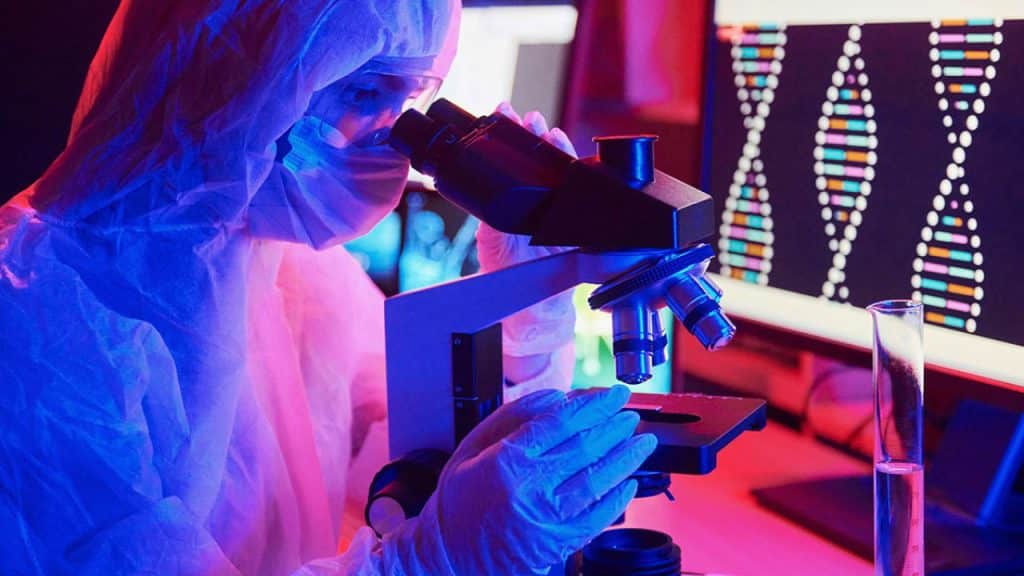DNA contains many biological secrets that scientists are only just beginning to unlock. That includes the role it plays in our longevity, or in how long we can hope to live. As researchers further explore the world of epigenetics and DNA methylation, there are implications for how we can calculate our biological age more accurately (https://longevity.technology/lifestyle/can-your-dna-reveal-how-long-youll-live/).
Humans have a lot of genes that control various aspects of our health, but not all of them are active all the time. Epigenetics is about how genes can change the way they express themselves throughout our lives, in part because of lifestyle and environmental factors. It’s this unique combination of internal and external inputs that leads every individual to age slightly differently from their peers.
One way to assess epigenetics is through what’s known as DNA methylation. Methyl groups (consisting of carbon and hydrogen) are added naturally to DNA as part of our regular biological processes. They don’t change the actual sequence of the DNA, but they do alter its activity, often by repressing certain functions. Scientists can study how our cells’ DNA and related proteins change and use this to help calculate our biological age. Unlike our chronological age in years, biological age is a way to express our current health and whether it is experiencing age-related deterioration.
From the research conducted so far, it seems that specific epigenetic changes can be associated with particular aspects of health. The most recent study looked at 1000 different blood samples to examine how their DNA methylation patterns correlated with long-term health issues and mortality risk.
This allowed scientists to produce what they called an “epigenetic mortality risk score” that provided a pretty accurate estimate over a ten-year period. They could also see how people with healthier lifestyles appeared to have slower epigenetic aging than those with bad habits like smoking.
There’s no one perfect way to assess a person’s aging and health, but it seems that developing the concept of an epigenetic clock could be a significant step forward in providing more accurate and personalized evaluations, predictions and interventions. The research is still in its early stages, so let’s hope some bigger, longer-term studies can help us understand even better the strengths and weaknesses of this kind of approach while still being responsible about how they collect genetic data.




